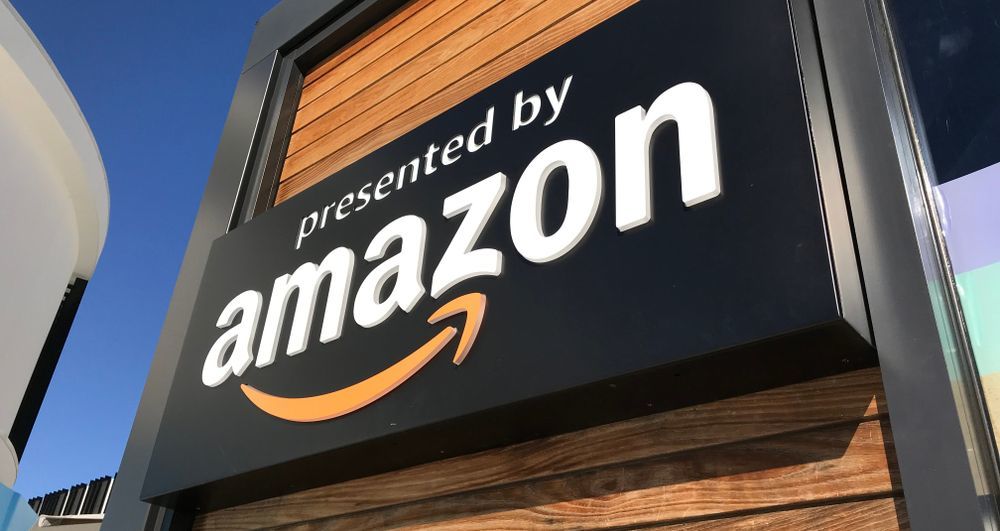
In today's world, communication has become easier and faster than ever before. With the advent of instant messaging apps or messengers, people can now send messages, share files, and make audio and video calls instantly. Messengers have transformed the way we communicate and connect with people around the world.
Messengers like WhatsApp, Facebook Messenger, Telegram, Signal, and many others have become a part of our daily lives. They have not only made communication more efficient but also more personal. With the ability to create groups, share media files, and use emojis and stickers, messengers have made communication more fun and engaging.
WhatsApp is a popular instant messaging app that allows users to send text messages, voice messages, make audio and video calls, and share files. It was founded in 2009 by two former Yahoo employees, Jan Koum and Brian Acton, and was later acquired by Facebook in 2014.
WhatsApp is known for its simple and user-friendly interface, making it easy for users to communicate with each other. It also uses end-to-end encryption to ensure that only the sender and the recipient can read the messages, making it a secure messaging app.
One of the key features of WhatsApp is its ability to create groups. Users can create groups of up to 256 members and share media files, make audio and video calls, and send messages to the entire group. This has made it a popular choice for businesses, families, and social groups.
WhatsApp has also added new features over the years, such as WhatsApp Web, which allows users to use WhatsApp on their desktops, and WhatsApp Business, which is designed for small businesses to communicate with their customers.
However, WhatsApp has faced criticism over privacy concerns. In January 2021, WhatsApp updated its privacy policy, which led to a backlash from users who were concerned about their data being shared with Facebook. This led to a surge in popularity for alternative messaging apps such as Signal and Telegram.
Despite the controversy, WhatsApp remains one of the most popular messaging apps in the world, with over 2 billion active users.
One of the biggest advantages of messengers is that they are free to use. All you need is an internet connection, and you can chat with your friends and family for free. This has made it possible for people to stay in touch with their loved ones even if they are living in different parts of the world.
Messengers have also become an important tool for businesses. They allow businesses to communicate with their customers in a more personal and direct way. Customers can now reach out to businesses instantly and get their queries resolved in real-time. This has improved customer satisfaction and helped businesses build stronger relationships with their customers.
Another advantage of messengers is that they are secure. Most messengers use end-to-end encryption, which means that only the sender and the recipient can read the messages. This has made messengers a popular choice for people who want to keep their conversations private.
However, messengers also have their downsides. With the ease of communication, people have become addicted to their phones and messengers. This has led to a decrease in face-to-face communication and has made people more isolated.
Moreover, messengers are also vulnerable to cyber threats. With the increase in the number of users, messengers have become a target for hackers and cybercriminals. Users need to be careful about the information they share on messengers and ensure that they are using a secure network.
In conclusion, messengers have revolutionized the way we communicate and connect with people. They have made communication faster, more efficient, and more personal. However, users need to be aware of the downsides of messengers and use them responsibly. As long as they are used in the right way, messengers can be a powerful tool for communication and connectivity.








